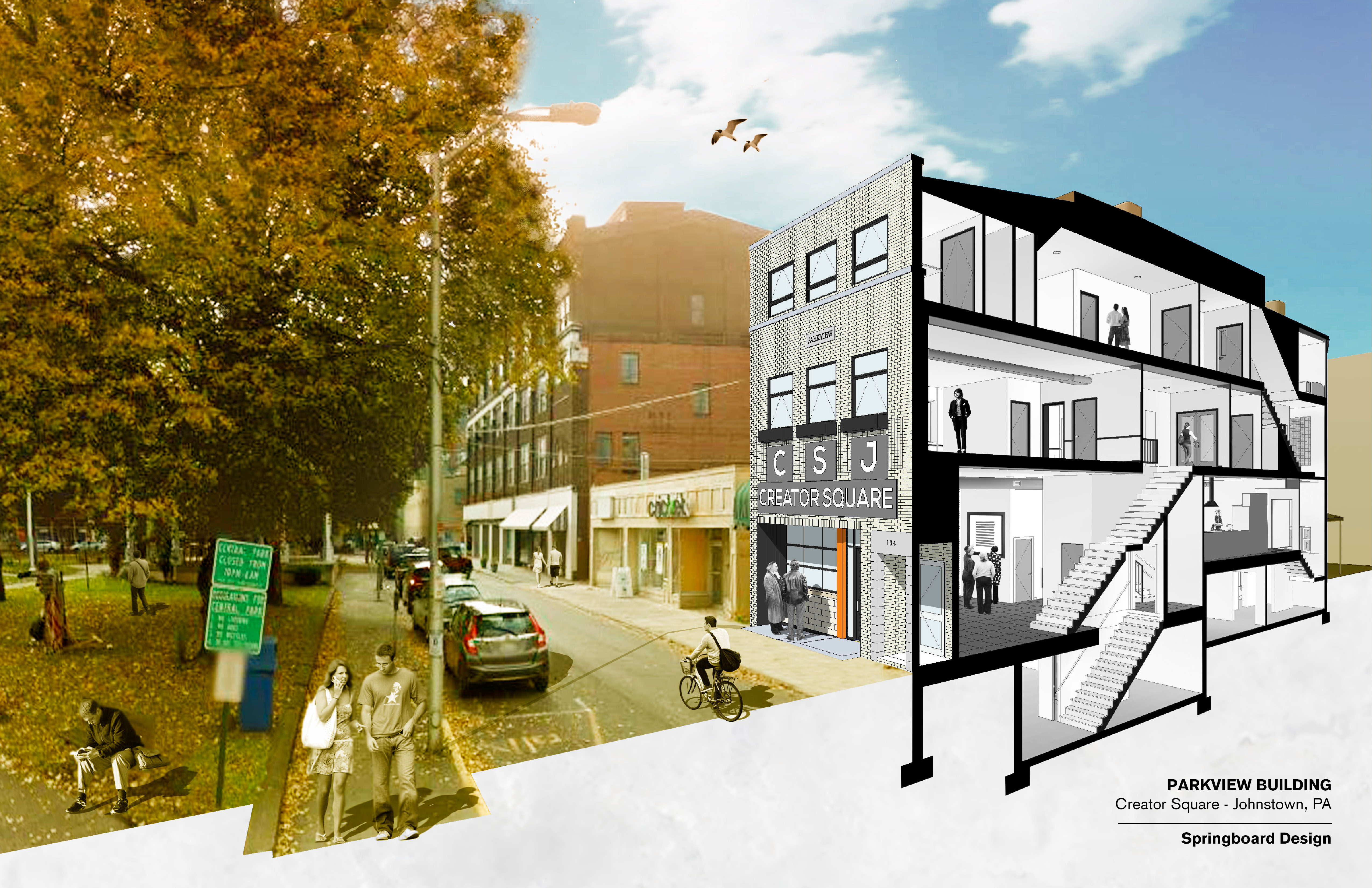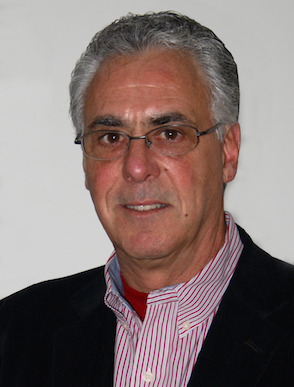Finally, he landed at Hofmann Industries in Sinking Spring, learning the business of steel manufacturing during a five year stint there, and then worked on his own as a manufacturers’ representative, selling a variety of metal-related products for another five years. Eventually, he decided to found his own manufacturing company.
Summit Steel and Manufacturing has gone through many changes in its 21 years. The company utilizes many of the latest manufacturing processes — including lasercutting, machining, engineering, powder coating and welding — while serving the aerospace, agricultural equipment, alternative energy, automotive, consumer products, medical devices and equipment, military and defense, recreational vehicles and original equipment manufacturers industries.
While he’s a long way from his original goal, Romig has built a family business going into its second generation — and he’s optimistic about the company’s future.
What inspired you to start Summit Steel?
Entrepreneurship, boredom, opportunity. Being a manufacturers’ representative is a very independent job, and a very lonely job. You’re on the road a lot by yourself. I did very well at it, but at the end of the year, you don’t have any assets—just a car and a desk in your basement.
[I got] the opportunity to manufacture a part for a very good customer of mine, Harley-Davidson. The part was an engine guard; we take the raw material, cut it and polish it for eventual bending and chrome-plating. That was our first product, and we’re still doing it. Then we started making the rear guard and other tubular parts for Harley-Davidson; they’re still our largest customer.
How has the business grown?
We acquired our second-largest customer, CNH Industrial (once Case New Holland), which makes farm equipment. Both of those original customers are still a big part of our business. They allowed us to springboard into other industries and products, and purchase more equipment.
One of the secrets to our business is that we’re very diversified, and that’s on purpose. We have purchased four smaller companies and integrated them into our facility.
We started in a 6,000-square-foot building in Reading, then moved to a 20,000-square-foot building in Wyomissing, then to a 50,000-square-foot building in Wyomissing, and now we’re in a 120,000-square-foot building.
We started with three employees; now we have 85.
Up until a few years ago, our customers were all within a 200-mile radius of our plant. We have two delivery trucks and deliver to them free of charge.
Over the last five years, we have become ISO 9001-2008 certified, and that has opened the door to many customers outside the 200-mile radius, including [customers in] Europe, the Midwest and Texas. The world is our customer now, and we need to continue to grow in order to compete.
What was the biggest challenge in getting the company off the ground?
Getting suppliers to give us open terms. In our business, you have to buy the material, process it and have it on the floor when the customer needs it. I had to buy it, convince the suppliers that I could pay for it, and process it correctly so it didn’t have quality issues. That takes a good banking relationship. We’re with First National Bank and they’ve done a tremendous job for us.
Have you taken advantage of any resources in growing your business?
Ben Franklin Technology Partners of Northeastern Pennsylvania came into the picture seven years ago, when we built this building. They helped us design the building and organize the structure. They were an active participant in the move.
What’s your biggest challenge now?
There’s a huge training gap. It’s a real problem to find employees under 40 who will stand at a machine all day. We can put an ad in the paper and not get one qualified person. We use temp services, word of mouth, and if an employee recommends a friend and they last a year, the employee gets $1,000. It’s difficult. The younger generation isn’t prepared in the basic skills.
Another big issue today is equipment costs. To stay ahead of the curve, we have to continue to upgrade, and equipment costs anywhere from $250,000 to $1 million. You have to have the support of a bank. You pay down the loan over five years, and by that time the machine is obsolete, so you have to buy a new one.
What are the advantages of being in your location?
We have lots of competitors here, but we’re also in the middle of a huge customer base. For Harley-Davidson, we sell to their first-tier supplier, Leonhardt Manufacturing, in Hanover. We have a longstanding relationship with them.
What’s the big differentiator for your company?
We’re held to a very high standard by our customers. And we’re not reluctant to change. We’ll change on a dime. The stuffy old companies who will only do it one way aren’t going to be around.
What’s next for Summit Steel?
I like to buy companies and integrate them, but with the financial constraints of the recession and the slow evolution out of it, buying companies has become more difficult. My risk tolerance isn’t as lively as it used to be. But I love finding companies that are undervalued, and then seeing what they can do and how we can grow our business by buying them. It takes you back a little, but then you move forward much further. If I find a company that’s related to metal and it’s something we do or could do, I’d certainly take a look at it.
I believe in our company, that we’re on the upward trend. We have made a lot of great decisions and we’re poised to grow. We have bought nice equipment, and we’ve trained our people well and cross-trained them.
China has decimated the (U.S.) metals industry, but I think that’s turning around now. In the end, I think the United States out-produces anyone in the world. This is where the customers are, too.
Writer: Susan L. Pena

http://summitsteelinc.com/
1005 Patriot Parkway Reading, PA 19605


